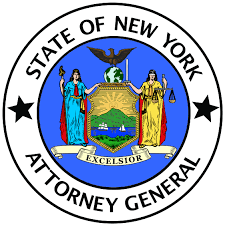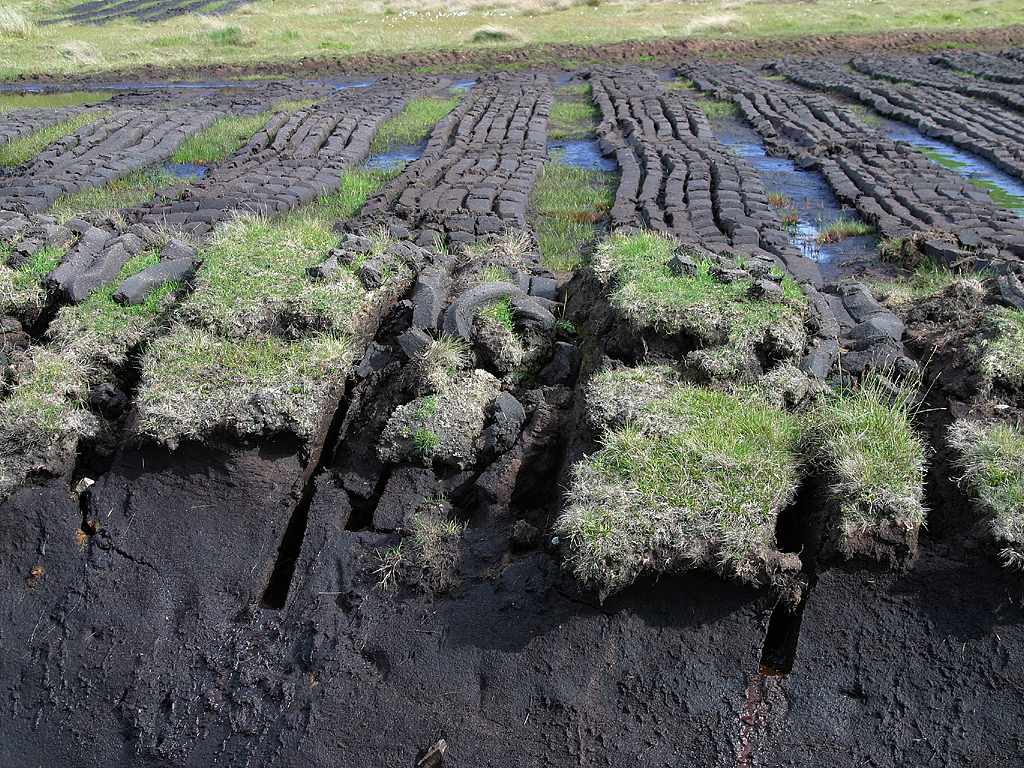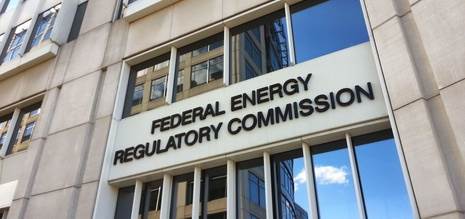Jessica Wentz Associate Director and Fellow On November 8, Peabody Energy Corporation, the world’s largest publicly-traded coal company, reached a settlement with the New York Attorney General’s Office (“NYAG”) in which it agreed to revise its financial disclosures to reflect the potential impact of climate change regulations on its future […]
On November 4, the New York State Attorney General Eric Schneiderman subpoenaed Exxon Mobil for extensive records, as part of an investigation to determine whether the company lied to the public or investors about the risks of climate change. According to the New York Times, “people with knowledge of the […]
Last week, the University of Paris 1 Panthéon-Sorbonne hosted an official COP21 side event: Social Dynamics and Climate Change. The conference was commissioned by the French government to provide an interdisciplinary perspective on the social and institutional changes that will be needed to mitigate and adapt to global climate change. […]
Each month, Arnold & Porter and the Sabin Center for Climate Change Law collect and summarize developments in climate-related litigation, which we also add to our U.S. and non-U.S. climate litigation charts. If you know of any cases we have missed, please email us at columbiaclimate at gmail dot com. Here are the additions […]
“When you are a Special Rapporteur and no one is angry at you, you’re not doing your job right,” said Hilal Elver, United Nations Special Rapporteur on the right to food, during an Oct. 21 address to students and faculty at Columbia Law School. Elver spoke about her work as […]
Justin Gundlach Climate Law Fellow On October 9, 2015, the High Court of Ireland issued a decision—discussed below the jump—very much in line with decisions recently issued by U.S. federal district courts about how feedstocks and power plants relate for the purpose of environmental review. In the U.S., the feedstock […]
The National Oceanographic and Atmospheric Administration (NOAA) has refused to produce documents subpoenaed by Congressional Rep. Lamar Smith (R-TX), chair of the House Science Committee, who sought internal NOAA communications relating to a recent climate change study. The study by NOAA scientists, published in Science in June 2015, found that […]
Justin Gundlach Climate Law Fellow The Supreme Court has turned its attention to the question—really several aspects of the question—of where exactly the Federal Power Act of 1935 draws the jurisdictional line between the Federal Energy Regulatory Commission (FERC) and state regulators. The Court heard oral argument in one case […]




